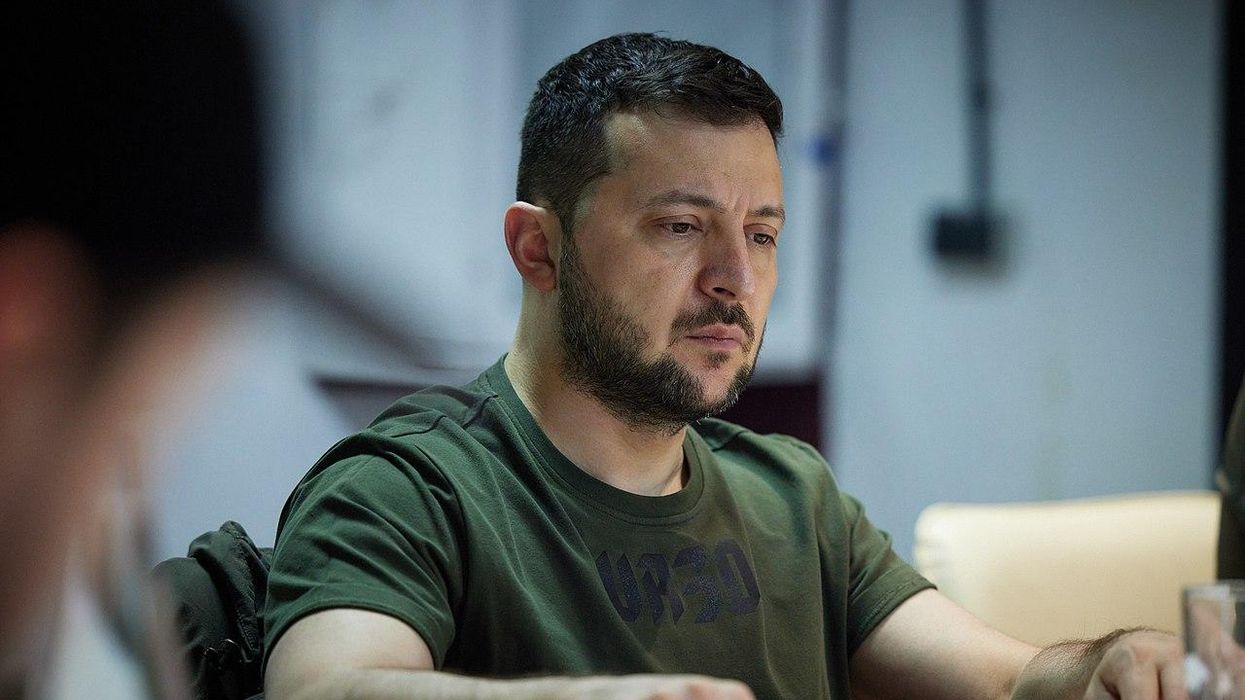Why 'blowback' against Russia's 2022 Nobel Peace Prize recipients is 'profoundly misguided': journalist


In early October, the most recent Nobel Peace Prize recipients were announced — and all three of them are from Slavic countries in Eastern Europe: Belarusian activist Ales Bialiatski, the Ukrainian Center for Civil Liberties, and Russian human rights group Memorial. Some Ukrainian activists, in light of Russian President Vladimir Putin’s decision to invade Ukraine, are upset that anyone from Russia or Belarus would be chosen for a Nobel Peace Prize in 2022. But libertarian/conservative journalist Cathy Young, in an article published by The Bulwark on October 10, argues that it is silly and misguided to lump all Russians in with Putin or all Belarusians in with strongman Alexander Lukashenko.
Young explains, “A number of Ukrainian voices reacted with criticism or even outrage — most notably, Mykhailo Podolyak, a journalist and adviser to the office of Ukrainian President Volodymyr Zelensky…. Bialiatski, the 60-year-old chairman of the ‘Viasna’ (Spring) Human Rights Center, has been in prison since July 2021 awaiting trial on phony charges of tax evasion. Memorial…. was born in the Soviet Union in the late 1980s in the era of Mikhail Gorbachev’s glasnost as a group seeking to record, preserve, and publicize Stalin-era atrocities and post-Stalin Soviet repressions — and…. offshoot the Memorial Human Rights Center also focused on modern-day human rights abuses in Russia.”
Young adds that while this “blowback” is “understandable amid the passions of war,” it is “also profoundly misguided.”
READ MORE: Tactical nuclear weapons: Security expert assesses what they mean for the war in Ukraine
“For one thing, the claim that the joint prize to the ‘Slavic list’ implies a lumping together of Ukraine, Belarus, and Russia into a single ‘fraternal’ basket — or even perhaps even into one big Greater Russia — reflects a basic ignorance about the way joint Nobel Peace prizes operate,” Young explains. “In a number of cases, they have been given to individuals from different countries that have little in common when those individuals are in some sense working — not necessarily together — for the same cause.”
Young continues, “One need look no further than last year, when the prize was shared by Russian journalist Dmitry Muratov —editor-in-chief of the dissident newspaper Novaya Gazeta, which has since battled the government’s attempts to shut it down — and Filipina journalist Maria Ressa. They were recognized ‘for their efforts to safeguard freedom of expression, which is a precondition for democracy and lasting peace.’ No one would interpret this as meaning that the Philippines are Russian territory.”
The journalist points out that, unsurprisingly, a “Nazi analogy” has found its way into debates over this year’s Nobel Peace Prize recipients.
“Since it seems that no controversy is complete without a Nazi analogy, there are, inevitably, those who have sarcastically invoked the spectacle of a Nobel Peace Prize for Germany, Austria and Poland in 1939,” Young observes. “But once again, the prize does not go to countries. The Nobel Peace Prize was on hold from 1939 to 1945, and Norway was occupied by German forces. Yet suppose a Nobel Prize Committee in exile had given the Peace Prize in the fall of 1944 to Dietrich Bonhoeffer, the theologian and dissident then imprisoned in a German concentration camp for his opposition to the Nazi regime and specifically to Hitler’s persecution of Jews — and who was executed in April 1945 as the regime was crumbling. Surely, to criticize such a move on the grounds that Bonhoeffer was a ‘representative of Germany’ would have been profoundly wrong.”
READ MORE: Chances of 'cornered' Vladimir Putin going nuclear in Ukraine 'going up by the day': ex-CIA officer